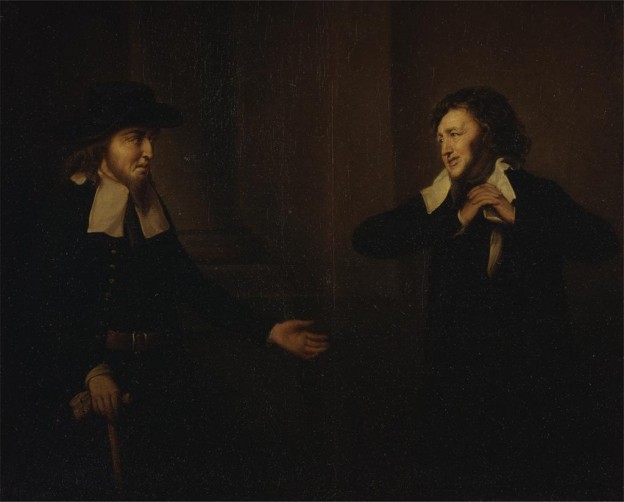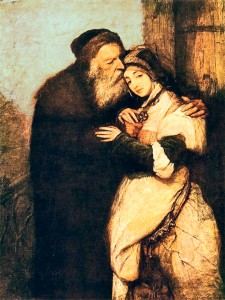Art is a reflection of reality, and so it must also be true that art is a mode for the production of reality’s darker features of racism, intolerance and prejudice. “The Merchant of Venice” and the characterization of Shylock reminds us all of the darker truths of the Elizabethan era, praised for its contributions to the arts that were built upon the foundations of lingering social conflicts and hierarchical supremacies. That Shakespeare constructed a villain in a very specific religious and racial group stands alone as a evidence to the existing social divides in Elizabethan England. That he did so after knowing few, if any, Jewish people at all is telling of a darker and more striking truth about the basis of prejudice that has remained present in the play throughout history. Continue reading



